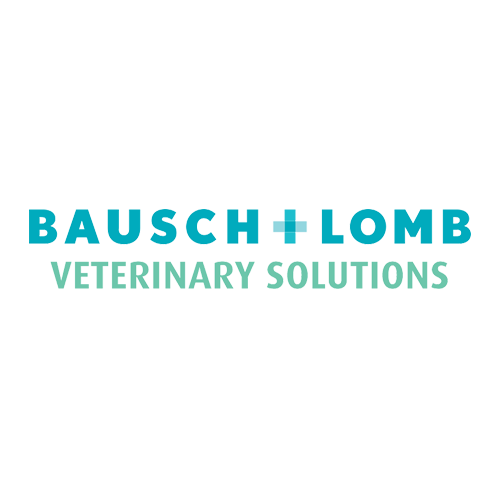HABRI and AAHA Find Pet Owners Will Better Maintain Pets’ Health When Educated About Human-Animal Bond Science
Washington, D.C. (September 8, 2016) — The Human Animal Bond Research Initiative (HABRI) Foundation and the American Animal Hospital Association (AAHA) today announced the findings of a new survey on how knowledge of the scientific benefits of the human-animal bond impacts the way pet owners care for their companion animals. The survey asked pet owners about their awareness of research that shows pets improve human health and found that this knowledge motivated them to take better care of their pets, including a significant, positive impact on veterinary care.
“When educated about the scientific research on the human-animal bond, pet owners are more likely to take important measures to improve pet health and augment their relationship with their veterinarians,” said AAHA Chief Executive Officer, Michael Cavanaugh, DVM, DABVP (C/F). “AAHA-accredited animal hospitals continue to raise the standard for veterinary care across the country, and HABRI gives us another way to connect with pet owners to enhance that care.”
When 2,000 pet owners were educated about the human health benefits of pet ownership:
- 92% said they were more likely to maintain a pet’s health, including keeping up with vaccines and preventive medicine
- 89% said they were more likely to maintain a pet’s health, including regular check-ups with a veterinarian
- 88% said they were more likely to provide a pet with higher quality nutrition
- 51% said they were more likely to purchase pet health insurance
- 62% said they were less likely to skip visits to the veterinarian
- 89% said they were more likely to take better care of a pet
“When people find out that pets improve heart health, decrease stress, help alleviate depression and address specific conditions that include autism, PTSD and Alzheimer’s, they become more focused on caring for their pet’s health,” said HABRI Executive Director, Steven Feldman. “More awareness of human-animal bond science improves veterinary care and leads to a healthier pet population.”
Veterinarians, already viewed favorably by 97% of pet owners, are also viewed as important messengers for scientific information on the health benefits of pets, especially by millennial pet owners:
- 66% of pet owners (77% of millennials) would have a more favorable view of their veterinarian if they discussed the health benefits of the human-animal bond with them
- 61% of pet owners (74% of millennials) would be more likely to visit their veterinarian if they discussed the health benefits human-animal bond with them
“The science of the human-animal bond offers veterinarians a real opportunity to improve their relationships with clients, and to provide the best care for their patients,” added Cavanaugh.
The online survey, conducted May 19-24 by The Cohen Research Group, included 2,000 interviews and had a margin of effort of +2.2%.
About AAHA
Established in 1933 by leaders in the veterinary profession, AAHA is best known for its accreditation of companion animal practices. To become accredited, companion animal hospitals undergo regular comprehensive evaluations by AAHA veterinary experts who evaluate the practice on approximately 900 standards of veterinary care. The association also develops other publications and educational programs and resources designed to help companion animal hospitals thrive. The AAHA membership philosophy is team-focused, allowing every hospital staff member, from veterinarians to receptionists, to benefit from AAHA’s resources through one group membership. Today, more than 3,700 practice teams in the United States and Canada are AAHA-accredited. For more information, visit www.aaha.org.
About HABRI
The HABRI Foundation maintains the world’s largest online library of human-animal bond research and information; funds innovative research projects to scientifically document the health benefits of companion animals; and informs the public about human-animal bond research and the beneficial role of companion animals in society. For more information about the HABRI Foundation, visit www.habri.org.
Contact
Jamie Baxter
jamie@theimpetusagency.com
775.322.4022
###





